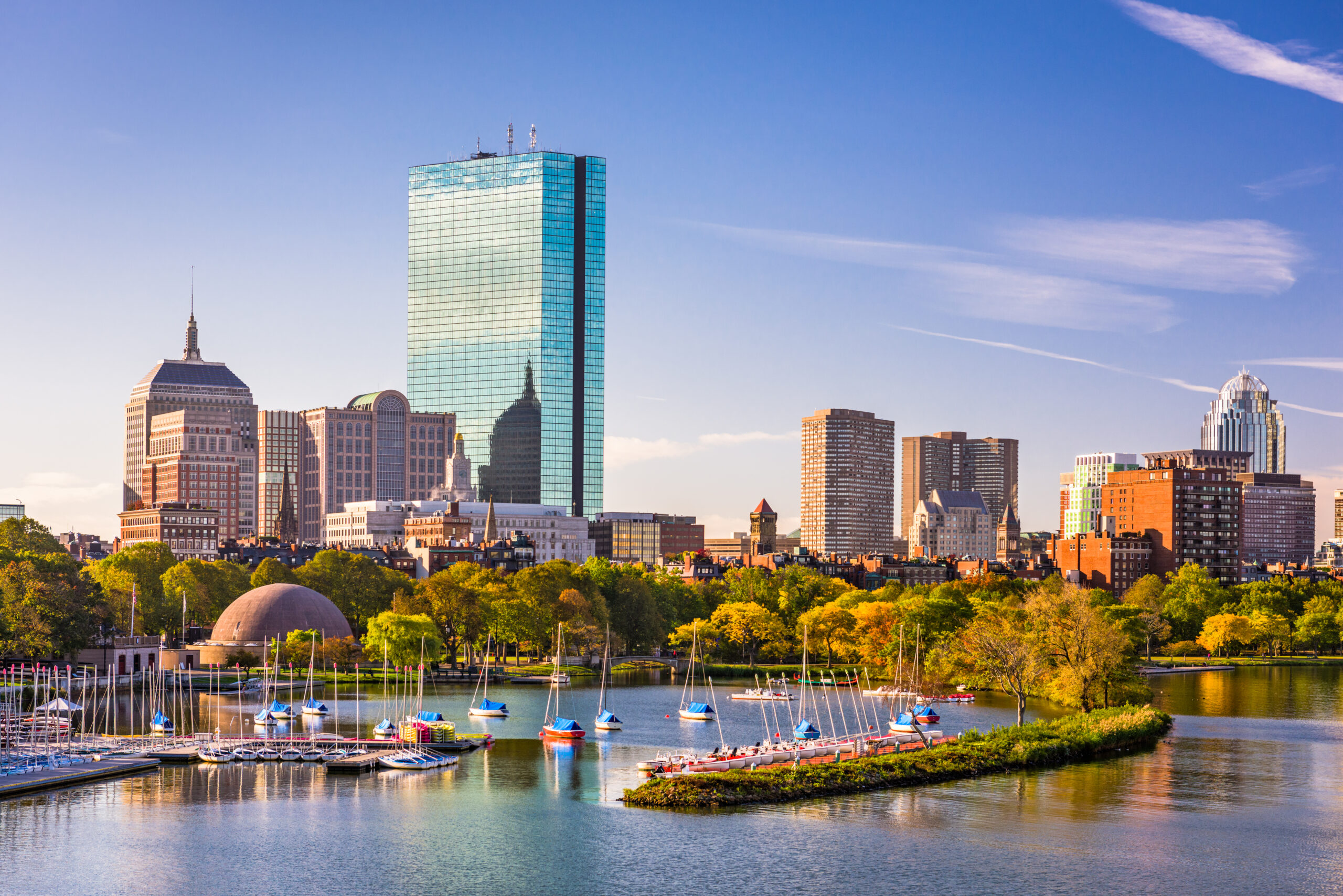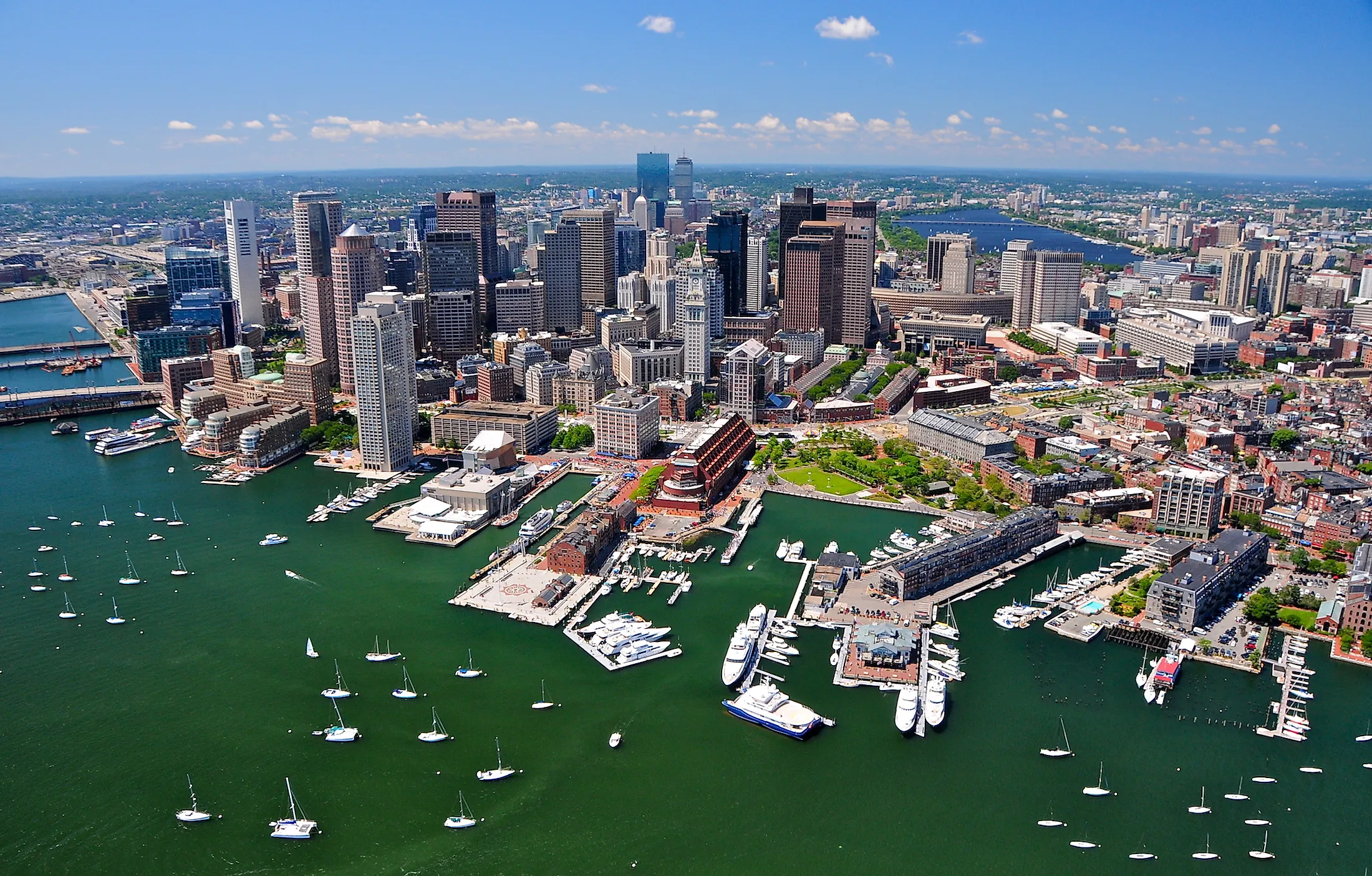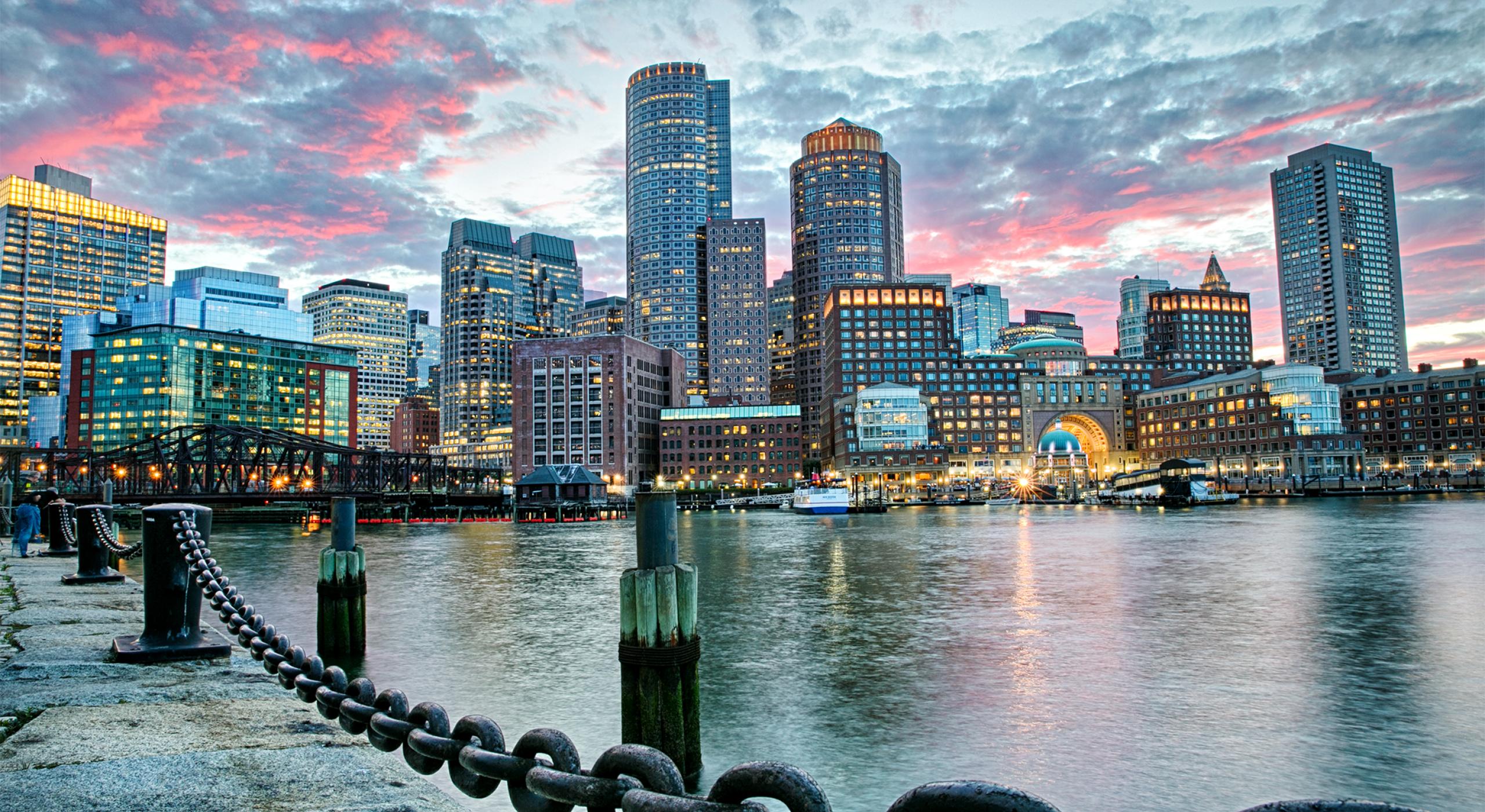Boston, a city rich with history and vibrant daily life, relies heavily on systems often unseen, yet absolutely vital to its smooth operation. Think about it for a moment: every time you turn on a faucet for a refreshing drink or flush a toilet, you are connecting to a vast, intricate network that has been serving the area for a very long time. This essential service, so often taken for granted, makes sure that clean water reaches homes and businesses, and that used water is taken away responsibly. It is, in a way, the silent heartbeat of our busy city, supporting everyone who lives, works, or visits here.
This remarkable system is not just about pipes and pumps; it is about providing a basic need for over a million people every single day. From the quiet neighborhoods to the bustling downtown areas, the flow of water and the management of wastewater are continuous, round-the-clock efforts. It is a system that has grown and changed over many years, adapting to the needs of a modern urban center while maintaining its historical roots. You know, it is pretty amazing when you consider just how much goes into keeping everything running as it should.
So, what does it truly take to keep Boston's water and sewer systems in top shape? We will take a closer look at the folks who manage these critical services, how they make sure you get clean water, what happens to used water, and some of the important projects that are shaping the future of these systems. We will also touch upon how you can manage your own water use and what to do if you have questions about your bill or service. It is all about making sure our city remains a healthy and pleasant place to be, and that is something we all care about.
- Toyota Chantilly
- Clarksburg High School
- Piranha Nightclub
- Cambria Hotel Anaheim Resort Area
- Bronners Christmas Store
Table of Contents
- What Makes Boston Water and Sewer So Important?
- How Does Boston Water and Sewer Keep Things Flowing Smoothly?
- What's New with Boston Water and Sewer?
What Makes Boston Water and Sewer So Important?
The system that delivers fresh water to your home and carries away used water is, quite simply, a backbone of daily life here in Boston. Without a reliable supply of clean water and a way to handle wastewater, our city would face significant challenges to public health and overall comfort. This service is not just about convenience; it is about the fundamental well-being of everyone living and working within the city's boundaries. It is, you know, one of those things that you only really notice when it is not working, and that is a testament to how well it usually does.
The organization responsible for this monumental task, the Boston Water and Sewer Commission, looks after one of New England's most expansive and long-standing systems. They are the ones making sure that more than a million people each day have access to drinkable water and the services that manage their used water and stormwater. This involves a great deal of planning, constant upkeep, and a deep understanding of the city's infrastructure. It is a big job, apparently, and one that requires a lot of dedicated individuals to keep everything running.
A Glimpse into the History of Boston Water and Sewer
Boston's water and sewer systems have a truly interesting past, stretching back many years and evolving alongside the city itself. They have been shaped by changing needs, new ways of doing things, and a steady commitment to public health. The Boston Water and Sewer Commission itself came into being in 1977, specifically to look after and improve the dependability and standard of these vital systems. This means they have been at the forefront of keeping our city's water and wastewater services in good shape for decades. You know, it is a bit like watching a really long story unfold, with each chapter adding to the overall picture of how our city grew.
This organization is structured into several key areas, each playing a particular part in the overall effort. There is a group that handles the general running of things, another that plans and designs new projects, a leadership team, a group that looks after the money, and then the folks who are out there doing the hands-on work every day. Each of these parts works together, more or less, to ensure that the entire system functions as a cohesive unit. It is a big operation, and it really takes a lot of coordination to manage something of this scale, so it is quite impressive.
Who Does Boston Water and Sewer Serve?
When we talk about who benefits from the Boston water and sewer system, the list is quite extensive. It is not just the folks who call Boston home, though they are certainly a huge part of it. The system also provides drinkable water to schools and colleges, hospitals, all sorts of businesses, different industries, and both private and public groups throughout the city. This means that whether you are a student attending classes, a patient receiving care, or someone simply visiting for the day, you are more or less relying on this very same water supply. It is quite a broad reach, really, and touches nearly every aspect of life here.
The commission looks after the spread of drinkable water all over Boston. They also manage the gathering of used water and the systems that handle stormwater. While they do not actually create the water themselves – they get it from the Massachusetts Water Resources Authority, or MWRA – they are the ones who make sure it gets to where it needs to go and that everything flows away properly afterward. This makes them a key link in the chain, ensuring that the water journey, from source to tap and then away again, is a smooth one for everyone. That, is that, a pretty significant responsibility, you know.
How Does Boston Water and Sewer Keep Things Flowing Smoothly?
Keeping a system as old and as large as Boston's water and sewer network operating without a hitch requires constant attention and significant resources. It is a bit like maintaining a very old, very complex machine that can never truly be turned off. This means ongoing improvements, regular check-ups, and responding to issues as they come up. For instance, in East Boston, there is an important project underway to separate the existing sanitary and storm drainage sewer systems, which is currently in its fourth stage, focusing on the Eagle Hill and Maverick Square areas. This kind of work is essential for the long-term health of the system and the well-being of those neighborhoods. So, it is always a work in progress, really.
Beyond the physical upkeep, there is also the administrative side of things, which includes everything from planning meetings to managing customer accounts. The Boston Water and Sewer Commission often holds public meetings, some of which are even available remotely, allowing more people to take part. These gatherings are where decisions are made about how the system operates, its services, and the charges for those services. It is all part of making sure the system remains accountable and responsive to the community it serves. Apparently, transparency is a big part of how they operate, which is pretty good.
Understanding Your Boston Water and Sewer Bill
Getting your water, sewer, and stormwater bill can sometimes be a bit confusing, but there are ways to make sense of it and manage your payments. The Boston Water and Sewer Commission has made it simpler to pay your bills online, allowing you to securely log in to see your balance and handle your services. If you have had trouble signing up before using old account numbers or activation codes, those are no longer valid, so you will need to try a different approach. They even have a helpful video that walks you through the new registration process for their online portal, which is quite useful. You know, it is all about making things as straightforward as possible for the people they serve.
Many people wonder why their sewer charge might be higher than their water charge. The simple answer is that your sewer charge is based on how much water you use at your property. However, the rates for sewer services are set higher than water rates for a few key reasons. These charges help cover the costs that the Commission pays to the MWRA for wastewater treatment, and they also contribute to the ongoing upkeep and upgrades of the Commission's own infrastructure. Additionally, a portion of these funds goes towards environmental projects that are required by federal mandates, so, it is quite a bit more involved than just the water you drink.
If you find yourself facing financial difficulties, or if you need to get your service back on, there are options available. You can learn about different payment plans and ways to avoid late fees. It is always a good idea to reach out to customer service if you have questions or need assistance. They have a billing inquiry form you can fill out online, or you can simply give them a call. They are there to help you understand your bill and work through any issues, which is something many people appreciate. In some respects, they really do try to make it easy to get help.
Addressing Concerns About Boston Water and Sewer Quality
Ensuring the quality of Boston's drinking water is a top priority, and regular checks are a part of this effort. For example, during the autumn of 2023, samples were taken from 33 homes, and it was found that six of those homes had elevated levels of lead in their drinking water. It is important to remember, however, that all of the main water pipes in Boston are made without lead. This distinction is quite significant, as it helps to clarify where potential issues might arise. The focus is always on making sure the water that reaches your tap is safe to consume, and that is a pretty big deal.
The system for getting drinkable water throughout the city is extensive, serving everyone from residents in their homes to large institutions like hospitals and universities. This means that the water quality needs to be consistently high across a very wide range of users. The Commission is constantly working to make sure that the water supply meets all health standards and is suitable for all the different purposes it serves in the city. So, you know, they are always keeping an eye on things, which is reassuring.
What's New with Boston Water and Sewer?
The Boston Water and Sewer Commission is always looking for ways to improve its services and adapt to the city's evolving needs. A recent and important development is the expanded stormwater program, which was put into place on April 1, 2024. This program addresses a greater need for spending on stormwater infrastructure, recognizing the growing importance of managing rainwater effectively within the city. It is a step towards making the system even more prepared for future challenges and ensuring that Boston remains resilient. That, is that, a pretty forward-thinking approach, wouldn't you say?
Another area of focus is something called submetering. This allows property owners to put in individual meters for their residential renters, meaning tenants can then be billed for their specific water and sewer use. While these smaller meters are connected to the main water meter for the building, that main meter still belongs to the Boston Water and Sewer Commission. This system offers a way for tenants to have more control over their own water usage and, potentially, their bills. It is a bit like giving people a clearer picture of their own consumption, which can be helpful.
Are There Rules for Working with Boston Water and Sewer Systems?
If you are thinking about new construction, making changes to one of Boston's older buildings, or doing any kind of work that involves the water, sewer, or storm drain systems, there are specific guidelines you need to know about. The Boston Water and Sewer Commission has a set of rules, policies, and instructions that govern how their systems can be used and interacted with. It is really important to become familiar with these before you start any project. This helps make sure that all work is done safely, correctly, and without causing problems for the city's infrastructure. So, you know, it is all about following the proper steps to keep everything in good order.
These regulations are in place for a good reason: to protect the integrity and functionality of the city's vital water and wastewater networks. They cover everything from how connections are made to what materials can be used. By understanding and following these guidelines, you contribute to the overall health and dependability of the Boston water and sewer systems for everyone. It is, in some respects, a shared responsibility, and knowing the rules is the first step towards being a good partner in that effort. Apparently, they make these guidelines readily available, which is very helpful for anyone planning work.
In essence, the Boston Water and Sewer Commission plays an absolutely central part in the daily lives of over a million people. From ensuring clean drinking water reaches every tap and managing wastewater, to undertaking large-scale infrastructure projects like the East Boston sewer separation, their work is constant and crucial. They also provide ways for customers to manage their bills online, address concerns about water quality, and implement new programs like the expanded stormwater initiative. Understanding how this system operates, including its history, services, and the regulations that guide its use, helps us all appreciate the complex efforts that keep our city's essential services flowing smoothly.
Related Resources:



Detail Author:
- Name : Britney Ledner
- Username : zstamm
- Email : emills@gmail.com
- Birthdate : 1995-08-28
- Address : 936 Tavares Course Suite 218 Aishaburgh, OH 34547
- Phone : (740) 559-1715
- Company : Rutherford, Hauck and Glover
- Job : Portable Power Tool Repairer
- Bio : Eligendi excepturi amet totam laboriosam et aut omnis. Fuga est quos sed aut dignissimos vel. Odit et quasi corrupti aspernatur consequatur error.
Socials
twitter:
- url : https://twitter.com/cole_upton
- username : cole_upton
- bio : At eaque aut et fugiat praesentium. Aut et recusandae vero soluta nihil mollitia. Quia consequatur eaque dolor sunt voluptatem minus.
- followers : 5163
- following : 2875
linkedin:
- url : https://linkedin.com/in/cole_upton
- username : cole_upton
- bio : Quia quam qui possimus officia laborum.
- followers : 2775
- following : 1968
instagram:
- url : https://instagram.com/cole1227
- username : cole1227
- bio : Et eos quo dolores earum. Accusamus et quam quo inventore.
- followers : 1738
- following : 389